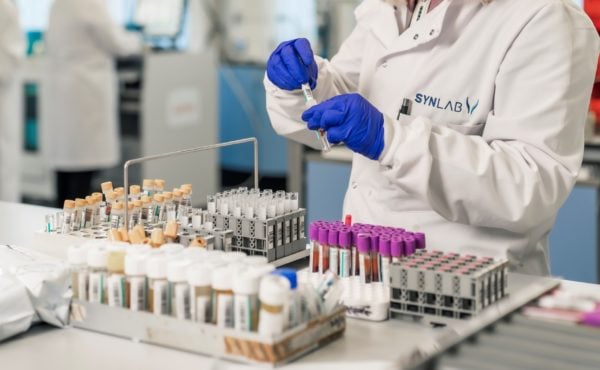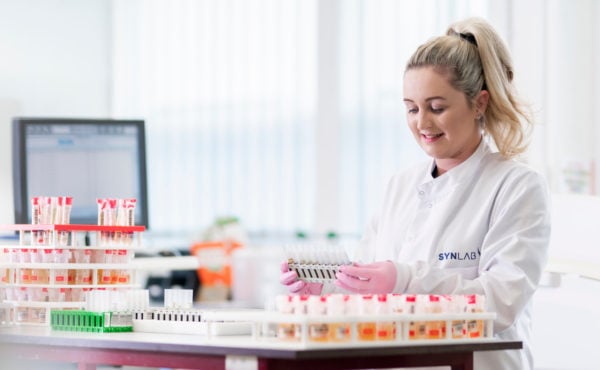Published: 16th January 2025 - All information correct at time of publication.

Examining the link between alcohol and workplace productivity
The cost of alcohol to businesses
When we think about alcohol consumption and the workplace, discussions tend to focus on how drinking affects workplace safety, especially in industries such as construction or rail where a lack of alertness can have fatal consequences. However, alcohol intake also has a huge impact on work productivity and, therefore, output. In fact, alcohol awareness charity, Alcohol Change, estimates that lost productivity due to alcohol costs the UK economy more than £7 billion each year. When you also take into account that 17 million sick days are taken each year because of alcohol, it’s easy to see why the cost to the economy is so high.
Even if an employee does attend work with a hangover, studies have shown that any amount of alcohol in the body can have an adverse effect on skills, which increases the likelihood of mistakes and, in the worst case scenarios, serious accidents. According to the British Safety Council, approximately 200,000 employees a day are attending work hungover.
Now the celebrations and excess of December have passed, discussions surrounding Dry January will be in full force. This is the perfect time to discuss employees’ alcohol use as the Dry January challenge encourages participants to refrain from drinking for the whole month of January and asses their relationship with alcohol.
Workers most at risk
Understanding which types of employees are most likely to consume alcohol means, as an employer, you can be more aware of the signs and put pre-emptive measures in place such as an alcohol testing policy.
One of the key groups at risk are shift workers and those regularly working more than 48 hours per week (the latter are 11% more likely to drink alcohol than those who work a standard week). For those working within high risk health and safety environments, such as oil rigs or factories, these types of workers will be very common and so it’s vital that managers carry out their due diligence in regards to colleague wellbeing and safety.

While the type of work an employee carries out may impact their desire to drink, workplace culture also plays an important role, too. The Institute of Alcohol Studies found that young people in particular saw drinking as an important step in career progression, whether it was to celebrate business achievements or the social element placed on drinking. These studies not only highlight how much pressure there is on employees to drink but also how prevalent the issue is across multiple industries.
Taking the lead
Discussing alcohol use with colleagues may feel taboo but being proactive and leading the conversation will show your employees that you’re there to support and, ultimately, ensure your business runs smoothly. Dry January is all about encouraging these types of discussions so what better time to think about how your organisation can support colleagues to remain healthy and safe to work?
An alcohol testing policy is a great tool in ensuring both employers and employees know what is expected of them in regards to alcohol consumption and the consequences should this affect their work. The policy can also play a key role in wellbeing initiatives as it gives clear guidelines on when colleagues should raise an issue and how the employer can support moving forward. The charity Drinkaware states that reducing alcohol intake results in improved mental health, better sleep, more energy and reductions in risk for serious diseases such as heart and liver. These outcomes are imperative for a healthy and happy workplace.
At SYNLAB Laboratory Services, our team have over 30 years’ experience in workplace alcohol testing, including breath testing and analysing for CDT markers in blood, and can advise on what tests will work best for your organisation.
For more information, get in touch here.
Published 16/01/25. All information correct at time of publication.
Written by Ellie Rees – Marketing Communications Manager
Ellie Rees | Marketing Communications Manager
Ellie joined SYNLAB in 2023 with a strong background in public sector communications, having worked on campaigns for Welsh Government, Devon County Council and the wellness to work sector. She is passionate about the work that SYNLAB does and creating content that breaks down a complex process into easy-to-understand formats for clients.
Ellie graduated from Goldsmiths, University of London with a BA in Media and Communications and has written for several publications including The Student Guide, The Everyday Magazine and House 21.





